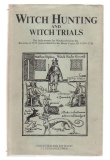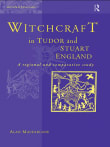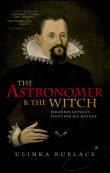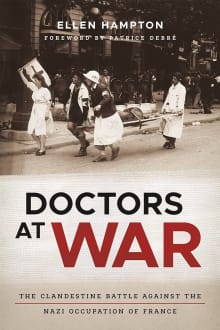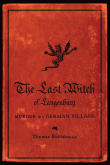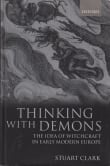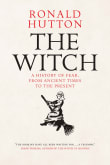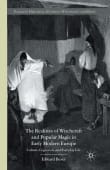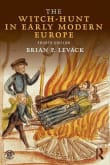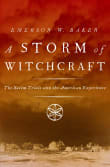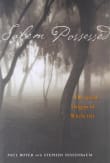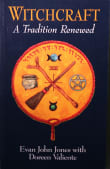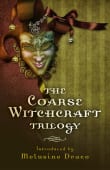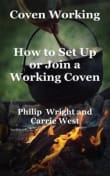Witches and Neighbours
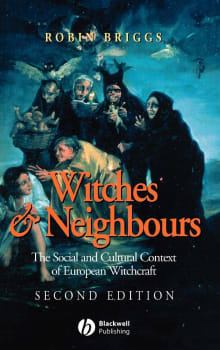
Book description
Witches and Neighbours is a highly original and unconventional analysis of a fascinating historical phenomenon. Unlike other studies of the subject which focus on the mechanisms of persecution, this book presents a rich picture of witchcraft as an all-pervasive aspect of life in early modern Europe. Robin Briggs combines recent…
Why read it?
3 authors picked Witches and Neighbours as one of their favorite books. Why do they recommend it?

As well as the fears of godly states, early modern villagers had their own fears.
This book shows ‘witches’ being created in a process of everyday village rivalries between neighbours. Two villagers quarrel; either or both of them may utter insults, threats, or curses. You witch! You will regret this! May the Devil drag your soul through hell! And so on.
Insults (even ‘You witch!’) were relatively harmless, but threats and curses could get you into trouble. If your opponent then experienced some misfortune, neighbours might explain this as your curse taking effect.
This was particularly likely if you were…
From Julian's list on the history of European witchcraft and witch-hunting.

Whether or not, as Tip O’Neill said, all politics are local, all witchcraft accusations certainly are. Briggs has dug deeply into the archives of various Lorraine villages to unearth an astounding variety of beliefs about magic, sexuality, neighborliness, and social order—all tied to the phenomenon of the witch craze. Like Roper, he gets at the emotional, even therapeutic, impulses behind accusations that lead people in small face-to-face societies to turn on each other. It’s certainly weird and disturbing, but not always in the ways we have come to expect. Sometimes difficult to obtain in the U.S., but worth the pursuit.
From Joel's list on the European witch craze.

This builds on the archives, on the sociology and anthropology, and on the politics, law and religion discussed so far, but its emphasis is on communities – what has been called (by my research supervisor, Keith Wrightson) ‘the politics of the parish’. If witch-hunting was shaped by the structures and relationships of the state, as in Levack’s book, it also belonged to the local political world of ordinary people, who helped each other out and joined forces to resist perceived enemies in their midst. And there was no enemy more frightening than the witch, who was the anti-neighbour, anti-mother, anti-Christian…
From Malcolm's list on witch hunting in Britain and Europe.
If you love Witches and Neighbours...
Want books like Witches and Neighbours?
Our community of 12,000+ authors has personally recommended 91 books like Witches and Neighbours.

